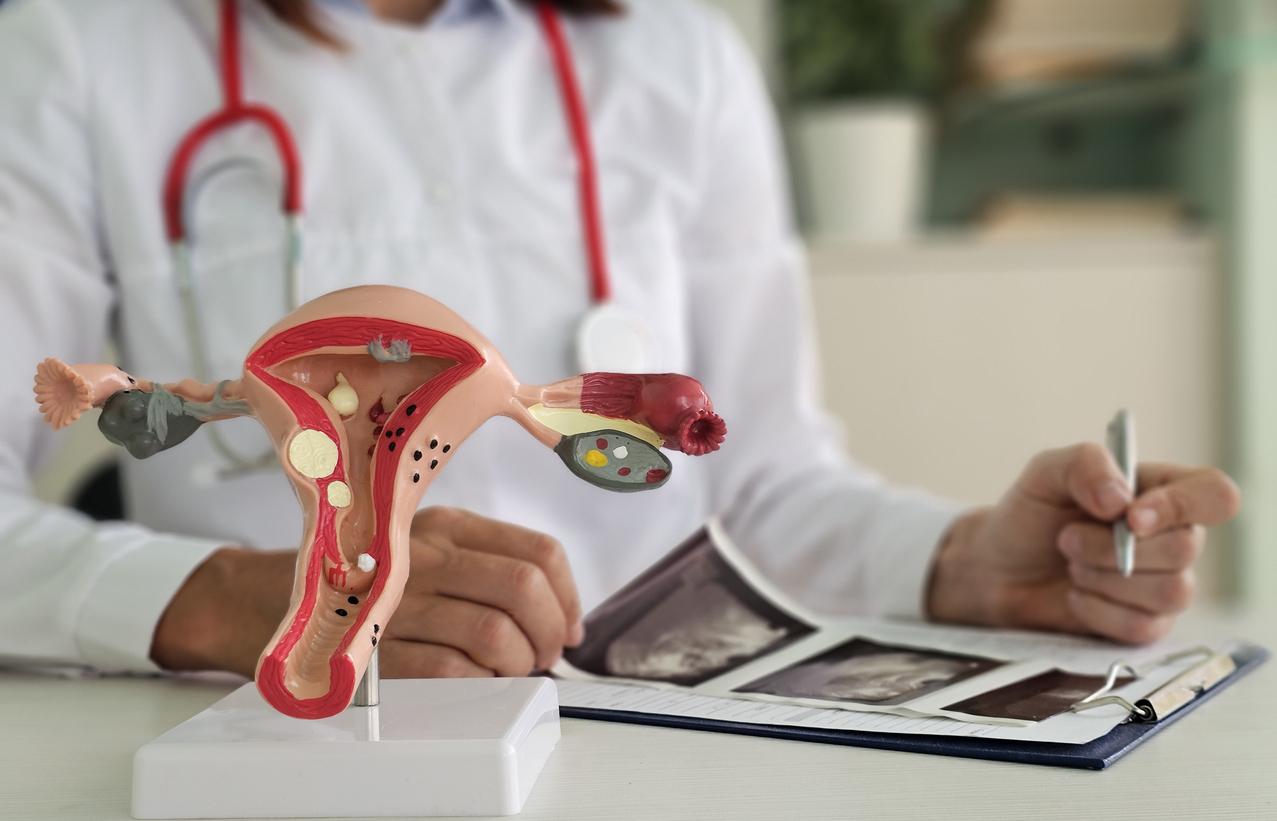While colorectal cancer is well treated when caught early, many patients are still treated urgently, at an advanced stage.

In 2015, 43,000 men and women were affected by colorectal cancer, and 17,500 patients died. But this cancer is not inevitable if it is detected early, remind Professors Mehdi Karoui (Hôpital Pitié-Salpêtrière, Paris) and Igor Sielezneff (CHU La Timone, Marseille) on the eve of 118e Congress of the French Surgery Association (AFC) where they will present their survey on emergency care.
This digestive cancer is generally diagnosed in people over 50, especially during organized screening. Spotted early, it can be cured in 9 out of 10 cases. But if it is discovered because of an intestinal obstruction, the 5-year survival rate drops to less than 50%. The two digestive surgeons were interested in these patients diagnosed late.
Occlusion, an all too frequent telltale sign
Between 2010 and 2015, they studied the medical records of 2,325 patients treated urgently in 58 cancer centers for localized or metastatic colon cancer. More than half of the patients were men, and the median age was 74 years.
The analysis reveals that for 91% of patients, the occlusion is indicative of cancer. This obstruction is caused by a tumor that grows and blocks the passage of stool inside the colon. A reason for emergency surgery.
The results also show that the majority of patients operated on in emergency presented a tumor at an advanced stage. It was therefore not diagnosed in time. All these difficulties and complications lengthen the length of hospitalization: approximately 2 weeks, ie twice as long as for scheduled surgery.
Strengthen prevention
As a result, the late management of cancer impacts the effectiveness of treatments and reduces the chances of patient survival. For those with cancer of the right colon, the postoperative mortality rate is 10% with frequent complications (52%). If it is the left colon that is affected, the mortality rate approaches 9%, and the rate of permanent ostomy is 20%. At 5 years old, barely half of the patients are still alive.
For Prof. Patrick Pessaux, head of the Hepato Biliary and Pancreatic Unit of the Strasbourg University Hospital and Secretary General of the AFC, these results “underline the importance of the wider application of the prevention system supported by the authorities. sanitary facilities, in particular from the age of 50 ”. Earlier screening which will also improve the quality of life of patients.
.















